A half-day workshop
Do you (and your fellow trustees) know as much as you should about the Charities SORP?
It’s ‘the Statement of Recommended Practice applicable to charities preparing their accounts in accordance with the Financial Reporting Standard applicable in the UK and the Republic of Ireland (the SORP), issued by the Charity Commission for England and Wales, the Charity Commission for Northern Ireland and the Office of the Scottish Charity Regulator in their role as the joint SORP-making body, recognised by the Financial Reporting Council. The SORP provides guidance for charities on how to apply the Financial Reporting Standard applicable in the UK and Republic of Ireland (FRS 102).’
All clear? Perhaps not. The second edition was published late in 2019 and there are 200 pages of it. Some of it won’t be relevant to your charity. Some of it will be vital. How confident are you that you and your fellow trustees know the bits you should? This programme will help fill in the gaps in your knowledge and keep you on track. It will also help you become a more effective governance team.
- You will gain a greater insight into the true state of your charity’s finances
- You will be better placed to ask relevant and probing questions about the accounts
- You will understand what your auditor is asking – and why
- You will be able to prepare a better Annual Report
- You will have the confidence that you and your fellow trustees are properly fulfilling your financial and accounting obligations
Session outline
This is an indicative agenda – a starting point for a conversation with you. Ralph would be happy to tailor it to your precise requirements.
Core topics
- Trustees’ annual report
- Fund accounting
- Accounting standards, policies, concepts and principles, including the adjustment of estimates and errors
- Statement of financial activities
- Recognition of income, including legacies, grants and contract income
- Donated goods, facilities and services, including volunteers
- Recognition of expenditure
- Allocating costs by activity in the statement of financial activities
- Disclosure of trustee and staff remuneration, related party and other transactions
- Balance sheet
- Accounting for financial assets and financial liabilities
- Impairment of assets
- Events after the end of the reporting period
- Statement of cash flows
Optional modules
1. Special transactions relating to charity operations
- Charities established under company law
- Presentation and disclosure of grant-making activities
- Retirement and post-employment benefits
2. Accounting for special types of assets held
- Accounting for heritage assets
- Accounting for funds received as agent or as custodian trustee
- Accounting and reporting by charities
3. Accounting for investments
- Total return (investments) – the wider debate
- Accounting for social investments
- Accounting for charities pooling funds for investment
4. Accounting for branches, charity groups and combinations
- Overview of charity combinations
- Accounting for groups and the preparation of consolidated accounts
- Branches, linked or connected charities and joint arrangements
- Charities as subsidiaries
- Charity mergers
- Accounting for associates
- Accounting for joint ventures










